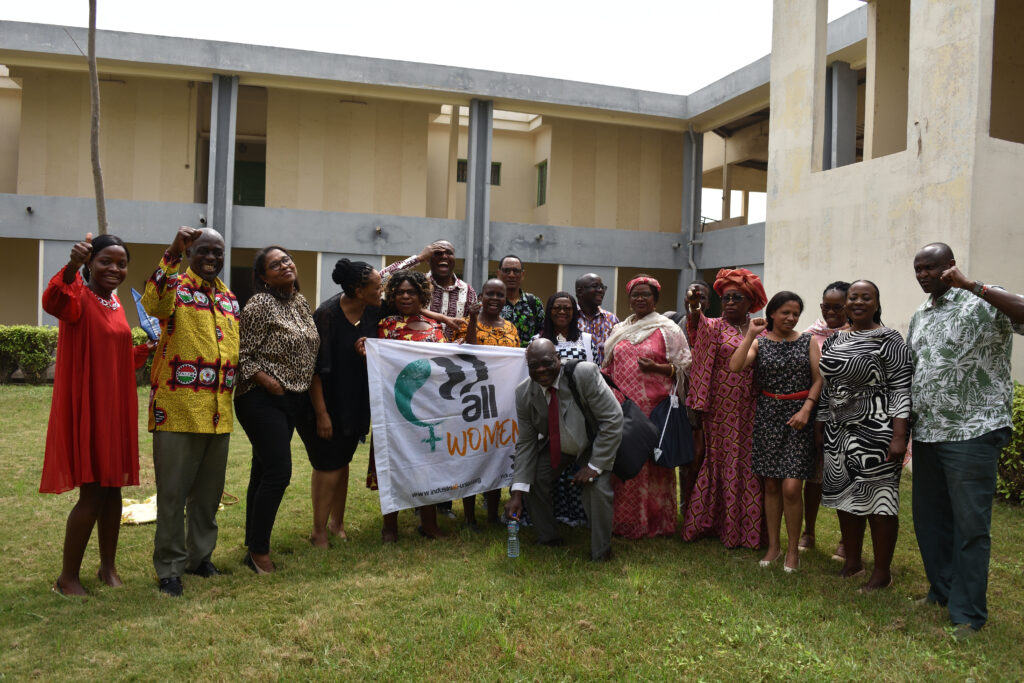23 February, 2023At the 13th ITUC Africa, New Year School in Lomé,Togo, 74 trade unionists from 26 African countries met from 21-24 February. Trade unions expressed the need for ILO international labour standards to be included in the African Continental Free Trade Area (AfCFTA) to protect workers’ rights and interests.
The theme was African Continental Free Trade Area (AfCFTA) and migration: Issues and challenges. In the past the school covered topics that included regional integration, sustainable development, and trade union renewal and unity.
Trade unions want standards that include the decent work agenda: creation of decent jobs, respect of fundamental rights at work, social dialogue, and social protection. They were clear that they want the decent work agenda and international standards on labour migration to be incorporated as clauses in the protocols when the agreement is up for review.
According to the agreement, the AfCFTA, which started trading in 2021, will be reviewed after five years. Researchers at the school recommended tways for unions to engage with policy makers through social dialogue at national level.
In 2022, the AfCFTA launched the Guided Trade Initiative as a pilot on how trade can be conducted in eight countries – Cameroon, Egypt, Ghana, Kenya, Mauritius, Rwanda, Tanzania, and Tunisia – and some goods that include batteries, rubber, ceramic tiles, and some food items have been traded.
Further, the Africa Union, has declared 2023 as the “Year of the AfCFTA” with a focus on implementation of the agreement in tourism, transport, communication, financial, and other services.
However, unions also want the trade agreement to help facilitate the transition from informal to formal economies, and to contribute to economic development, regional integration, and the industrialization of the continent. Further, they want the agreement to promote youth and women employment to reverse their marginalization and exclusion from economic activities.
Only Mali, Rwanda, Niger, and Sao Tome and Principe have ratified the African Union Free Movement Protocol, the expected threshold of 15 countries is required for implementation to begin. Unions say this will impede labour mobility. This pales in comparison to 48 out of 54 African countries, with only the exception of Eritrea, who have ratified the AfCFTA. Unions question how there can be trade without the movement of labour.
Kwasi Adu-Amankwah, ITUC Africa general secretary reiterated that:
“The states must commit to changing the protocols to protect workers’ rights, and the trade union movement must demand comprehensive provisions on labour that should become part of the protocols. This must happen through negotiations and social dialogue.”
Speaking at the school, Rose Omamo, IndustriALL vice president explained that:
“When discussing the AfCFTA and labour mobility we must always consider the plight of migrant women workers who are employed under precarious conditions. They face gender-based violence and harassment which is caused by unequal power relations. The women are vulnerable as they seek ways to get out of poverty through employment in neighbouring countries or abroad. We need law reforms, labour migration policies, and fair recruitment processes that protect migrant women workers.”
